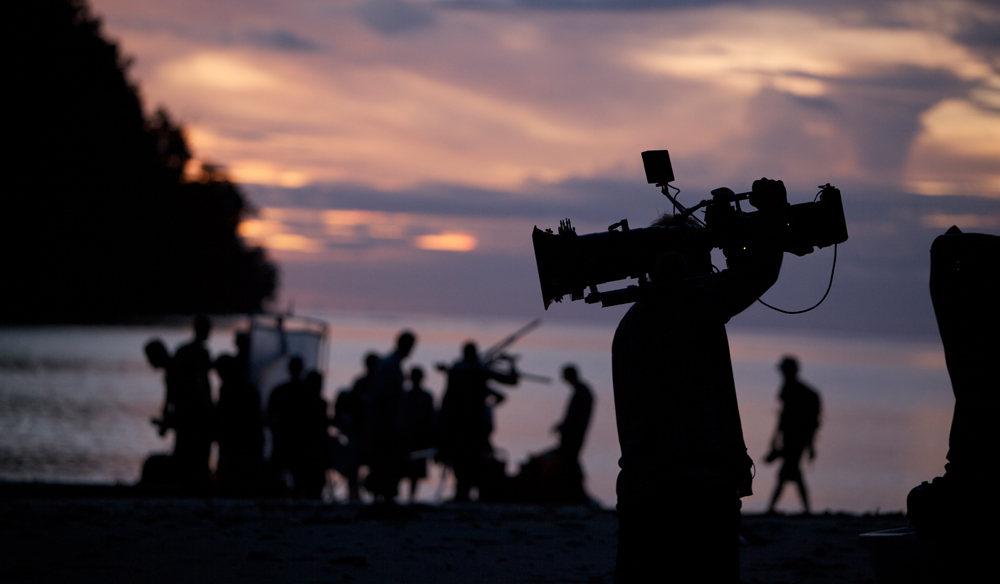Cinematography Course Program
Cinematography courses are carefully structured to provide students with a solid foundation in the principles, techniques, and tools essential for a successful career as a cinematographer. While the specifics can vary from one institution to another, here's a general overview of what you can expect from such a program:
- Diving into Cinematography: Start with an exciting exploration of the art's history, evolution, and fundamental concepts. This forms the bedrock for everything that follows.
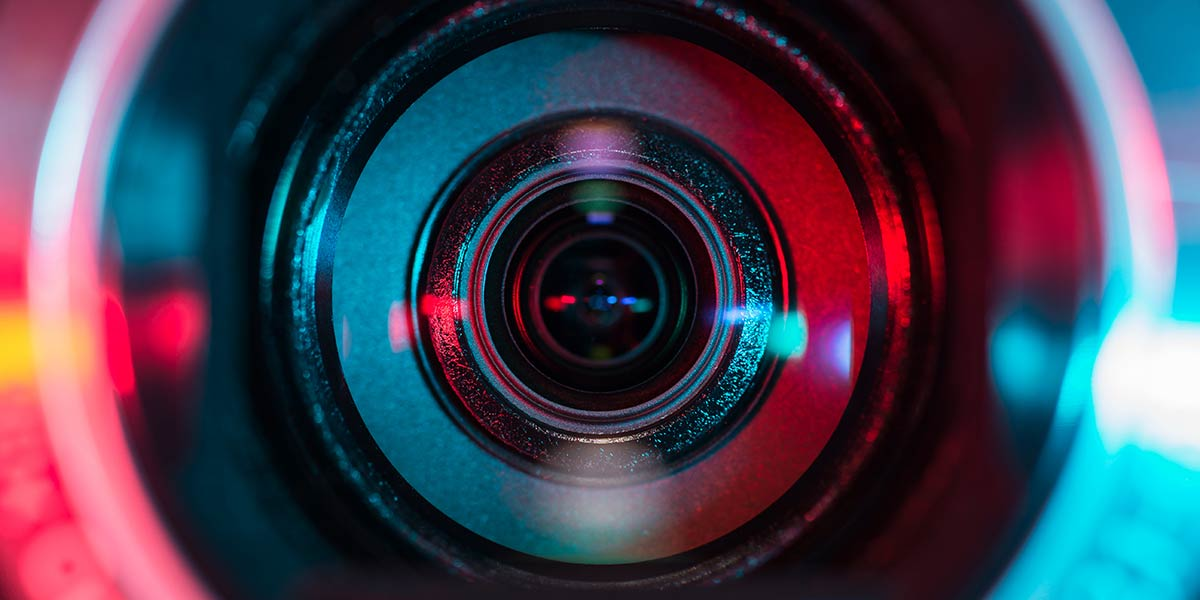
2. Camera Craft and Technology: Understand the fascinating world of cameras, from their types and lenses to the nitty-gritty technicalities like exposure, focus, and the art of camera movement.
3. Mastering Lighting and Composition: Lighting and composition are the architects of visual storytelling. This module teaches you how to play with light, choose the perfect angles, and create breathtaking frames.
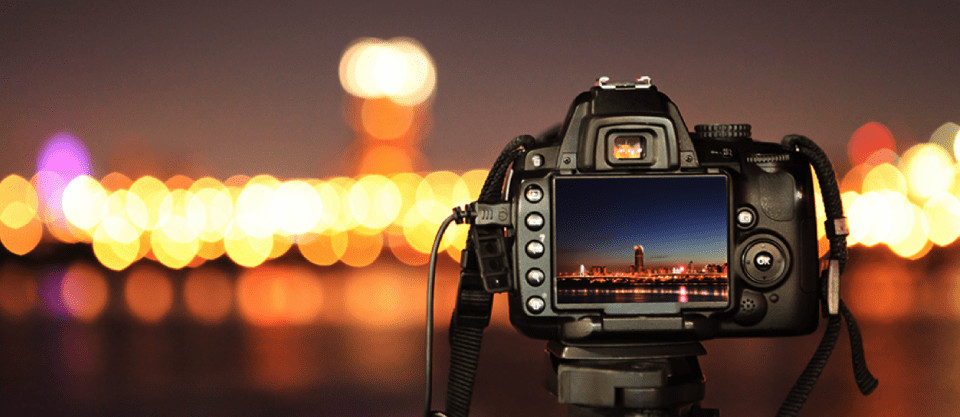
4. Color Theory and Grading: Learn about the psychology of color and discover how color grading can transform the mood and feel of a scene.
5. Storyboarding and Shot Planning: Translate scripts into visual blueprints by mastering the art of storyboarding and creating detailed shot lists.

- Real On-Set Experience: There's no substitute for hands-on experience. Work on real film sets to understand the dynamics of teamwork, communication, and creative problem-solving.
- Post-Production Know-How: Gain insights into the post-production process, which is crucial for making informed decisions while shooting. Collaboration with editors becomes smoother with this knowledge.
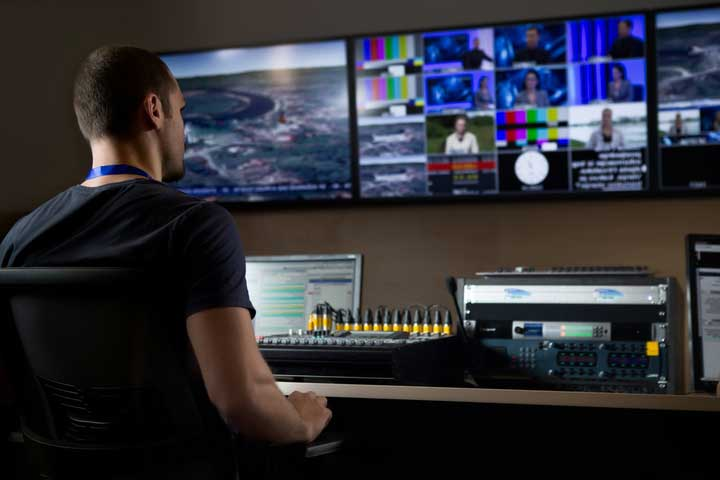
- Real On-Set Experience: There's no substitute for hands-on experience. Work on real film sets to understand the dynamics of teamwork, communication, and creative problem-solving.
- Post-Production Know-How: Gain insights into the post-production process, which is crucial for making informed decisions while shooting. Collaboration with editors becomes smoother with this knowledge.

Required Knowledge to Start
Before jumping into a cinematography course, it's beneficial to have a few basics under your belt:
- Photography Fundamentals: Familiarity with photography basics like exposure, composition, and camera operation can be a valuable asset.
- Film Production Awareness: Understanding the various stages of film production, from pre-production to post-production, helps you see the bigger picture of your role as a cinematographer.
- Technical Aptitude: Embrace the technical side of cinematography. Be prepared to learn about cameras, lenses, and other equipment. Familiarity with industry-standard software like Adobe Premiere Pro or DaVinci Resolve is also advantageous.
- Creative Vision: Cinematography is an art form. A keen eye for visuals and a strong sense of storytelling through imagery can set you on the right path.
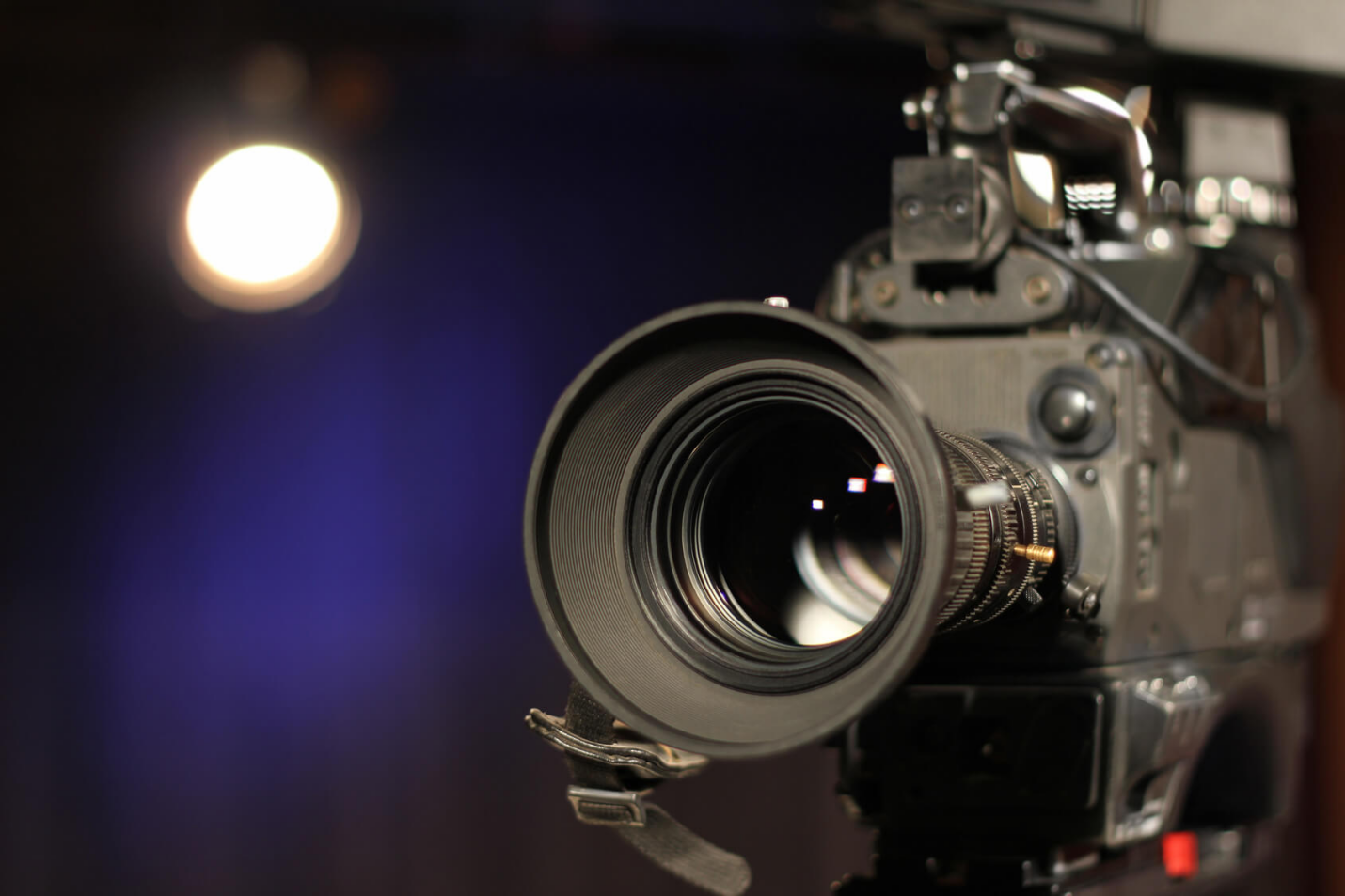
Time to Choose Course
American Film Institute (AFI) Conservatory - Cinematography Program: AFI's two-year program is renowned for its hands-on approach, offering students ample practical experience with industry-standard equipment.
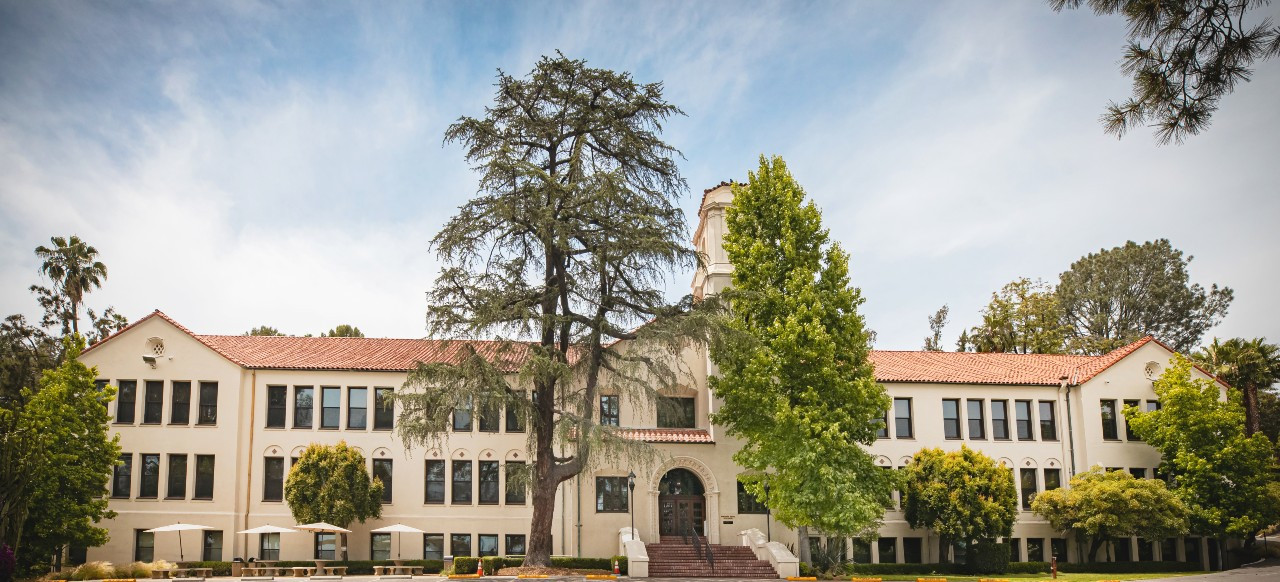
New York Film Academy (NYFA) - Cinematography Workshop: NYFA's four-week workshop covers the essentials of cinematography, from camera operation to lighting and composition.
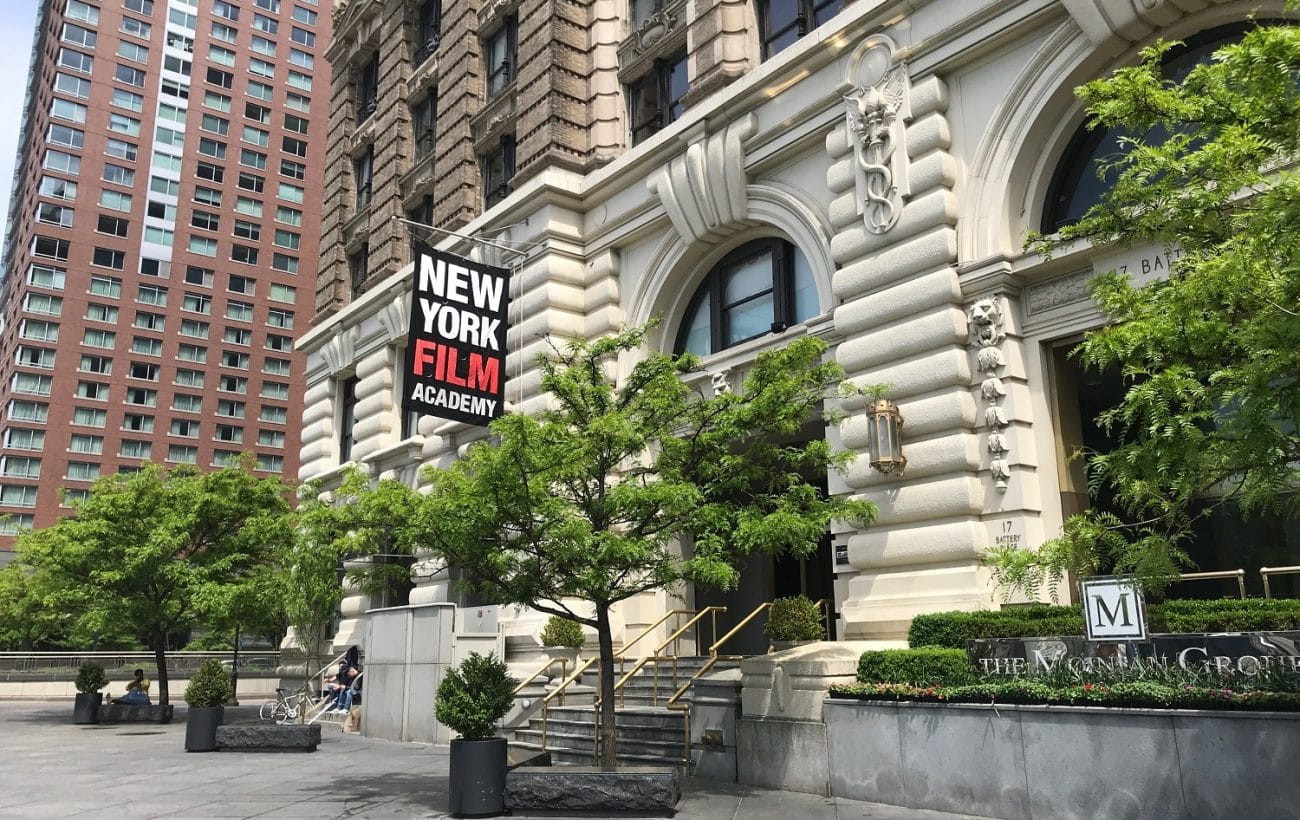
London Film School - MA Filmmaking (Cinematography): LFS offers a specialized MA program in cinematography, providing an in-depth exploration of both the technical and creative aspects of the craft.
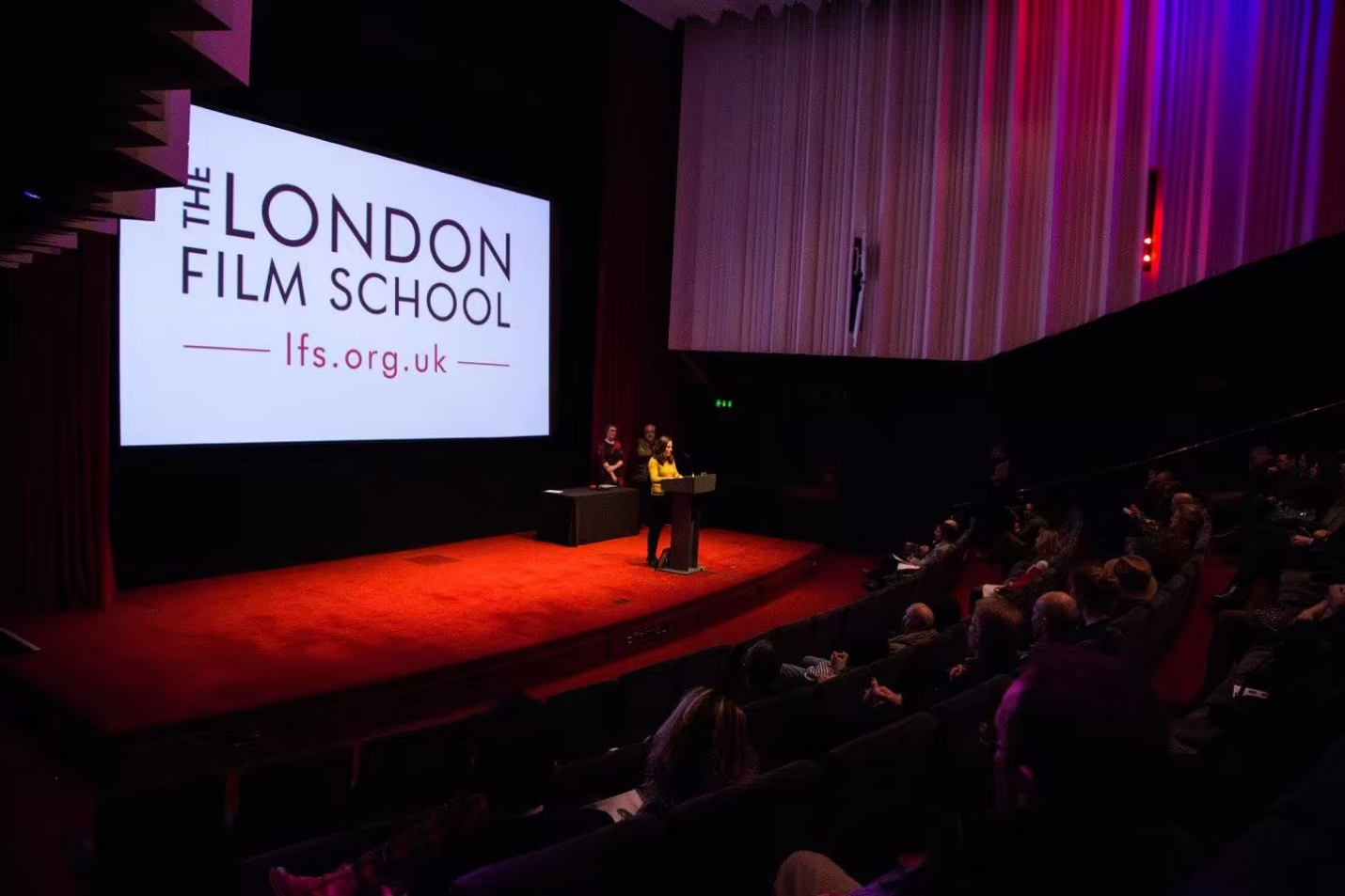
National Film and Television School (NFTS) - Cinematography MA: NFTS in the UK offers a comprehensive MA program in cinematography, focusing on honing technical and creative skills.
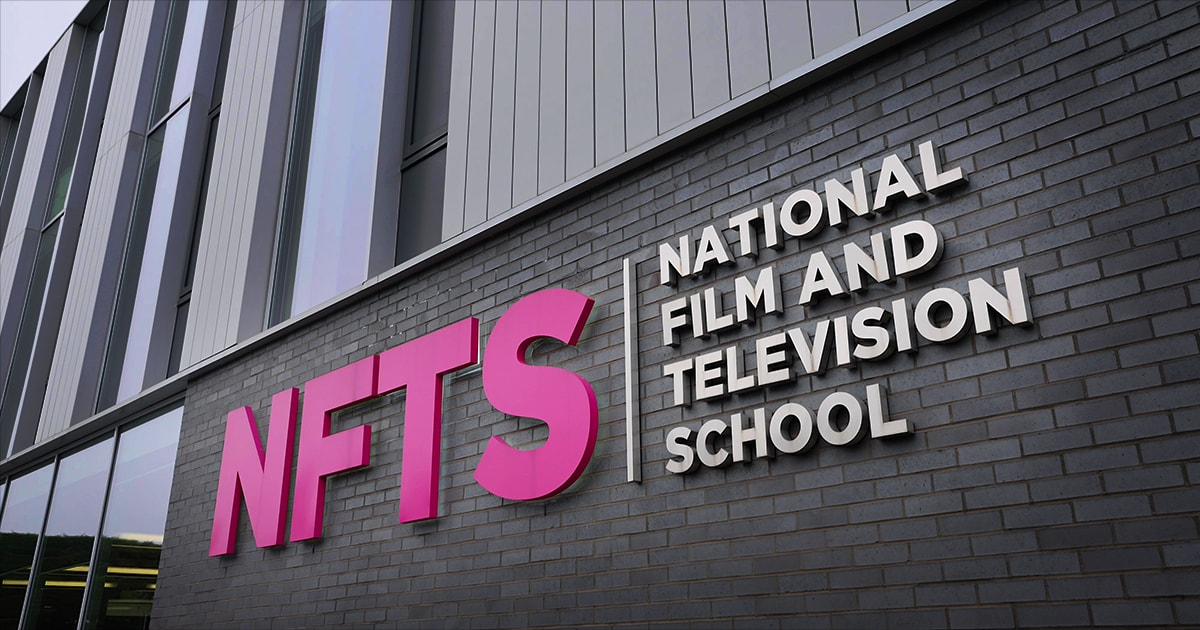
In addition, you can take these courses online and become one step closer to your dream:
- Coursera - Cinematography Courses:
- "Introduction to Filmmaking" by the University of Illinois.
- "Cinematography: Shooting and Lighting for Filmmaking" by Michigan State University.
- Udemy - Cinematography Courses:
- "Cinematography Masterclass: Start Shooting Better Video Now" by Phil Ebiner.
- "DSLR Filmmaking: From Beginner to PRO!" by Jordy Vandeput.
- edX - Cinematography Courses:
- "Film Production: Behind the Scenes of Feature Filmmaking" by National Film and Television School.
- "Cinematography: Shooting and Lighting" by New York University (NYU).
- LinkedIn Learning:
- "Cinematography: Foundations" by Cinestudy.
- "Shane Hurlbut's Cinematography Workshop" by Shane Hurlbut, ASC.
- Skillshare hosts a variety of courses related to filmmaking, including cinematography, taught by industry professionals.
- MasterClass offers classes by renowned filmmakers and cinematographers, such as Roger Deakins, which can provide valuable insights into the craft.
- YouTube channels dedicated to cinematography tutorials and tips. Channels like Film Riot and DSLRguide offer a wealth of free educational content.
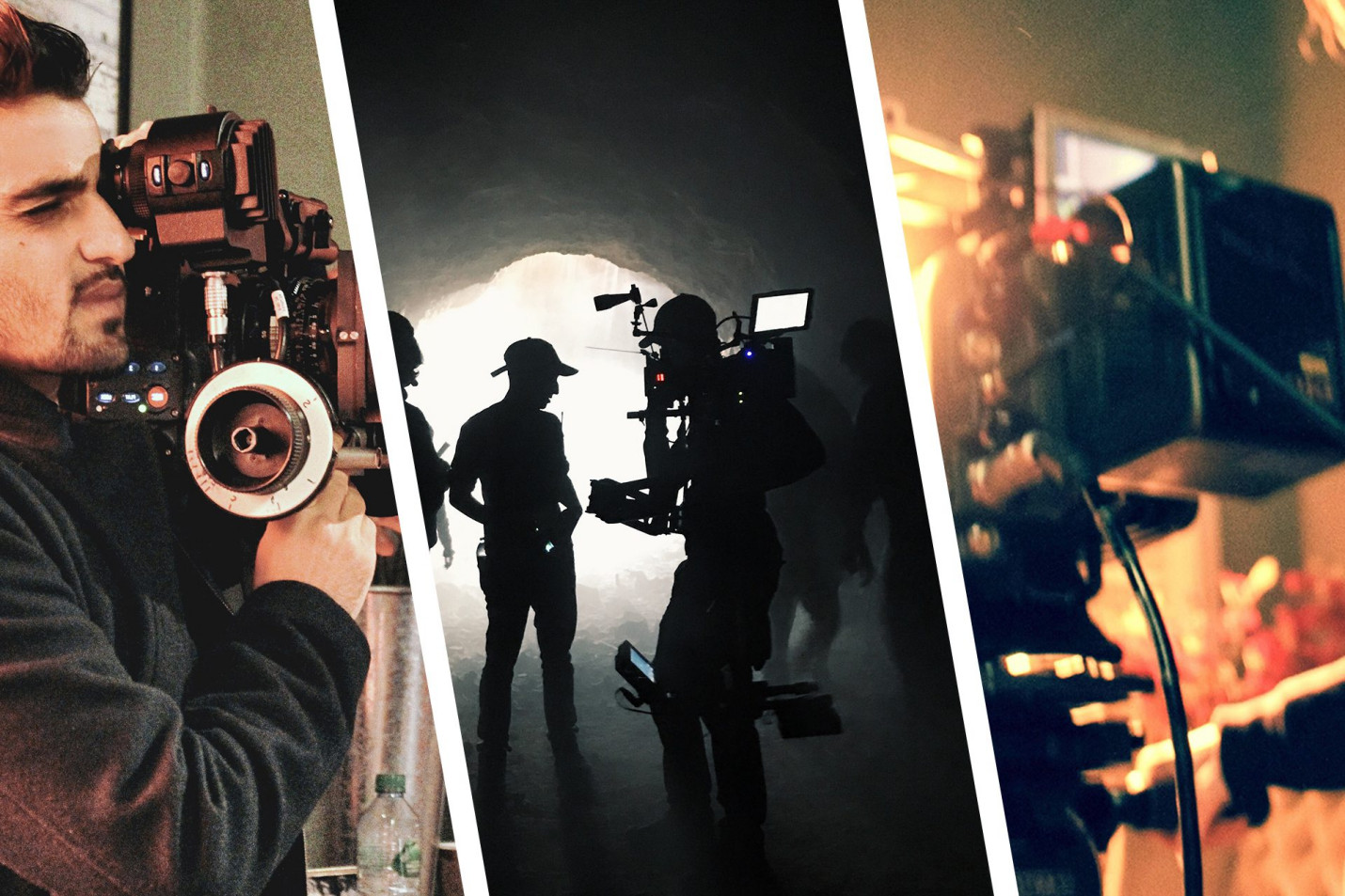
Embarking on a cinematography course is an exhilarating journey, especially if you're passionate about filmmaking. These courses are designed to equip you with the technical know-how, artistic vision, and practical experience needed to excel in the competitive field of cinematography. Whether you're a beginner eager to explore the art of cinematography or an experienced filmmaker looking to refine your craft, there's a cinematography course out there waiting to help you realize your cinematic dreams. So, grab your camera, and let the magic of cinematography unfold before you!

